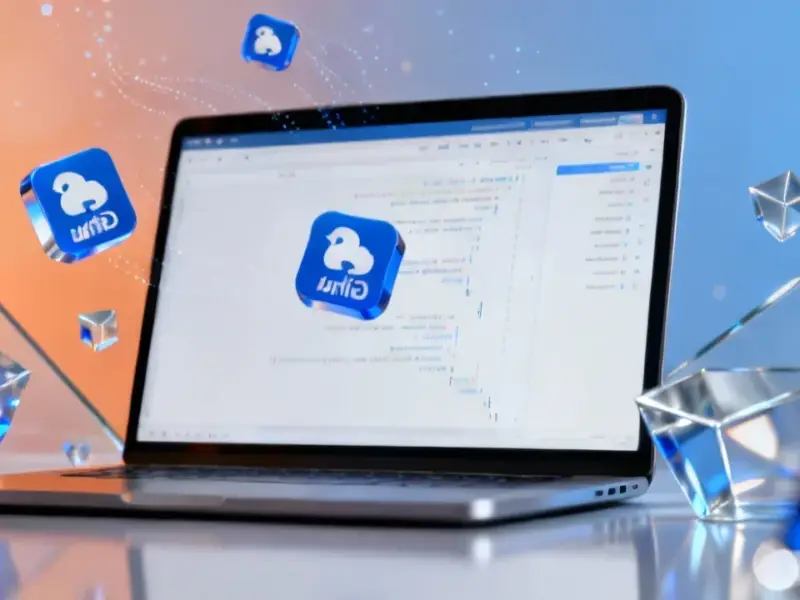According to The Verge, OpenAI is now widely rolling out group chats in ChatGPT globally after a short pilot earlier this month. The feature allows users to invite up to 20 other people to collaborate with the AI chatbot simultaneously. You create groups by selecting the people icon in the ChatGPT app, which copies your existing chat to a new shared space where participants join via link. ChatGPT uses GPT-5.1 Auto to power responses and is trained to follow conversation flow rather than interrupting constantly. The AI won’t use memories from personal chats in groups or create new memories from group conversations. Rate limits only apply when ChatGPT actually sends messages in the chat.
The collaboration evolution continues
This move feels like the natural next step in making AI assistants more… well, assistive in real-world scenarios. Most of our actual work and planning happens in groups, right? So why should AI be stuck in one-on-one conversations? The 20-person limit is interesting – it’s enough for most team projects and family planning, but keeps things from getting completely chaotic.
What really stands out to me is how they’ve handled the AI’s participation. Training ChatGPT to understand conversation flow instead of just responding to every message shows they’re thinking about group dynamics. And the direct mention feature? That’s smart. Basically, you get to decide when you want the AI to jump in, which prevents it from becoming that annoying participant who has to comment on everything.
The privacy and memories angle
Here’s the thing that caught my attention: ChatGPT won’t use memories from your personal chats in group conversations, nor will it create new memories based on group chats. That’s a pretty significant privacy boundary. It means your one-on-one conversations with ChatGPT stay private, and your group discussions don’t become part of your permanent AI profile.
But I wonder how this affects the AI’s usefulness in ongoing collaborations. If it can’t remember what your team decided last week, does that limit its value for long-term projects? Maybe that’s the trade-off for privacy protection. The official announcement doesn’t really dive deep into this tension between memory and privacy.
Where this all leads
Looking at OpenAI’s social media posts about this feature, they’re clearly positioning it for casual collaboration – dinner planning, travel itineraries, that sort of thing. But I think the business applications are obvious. Teams could use this for brainstorming sessions, document drafting, even customer support scenarios.
The real question is whether this becomes the default way we collaborate with AI assistants. Will we look back in a year and wonder how we ever worked without group AI chats? Or will this end up being one of those features that sounds great but nobody actually uses? Given how quickly AI features are evolving, I’m leaning toward the former. This feels like another step toward AI becoming embedded in our daily workflows, not just something we use in isolation.




